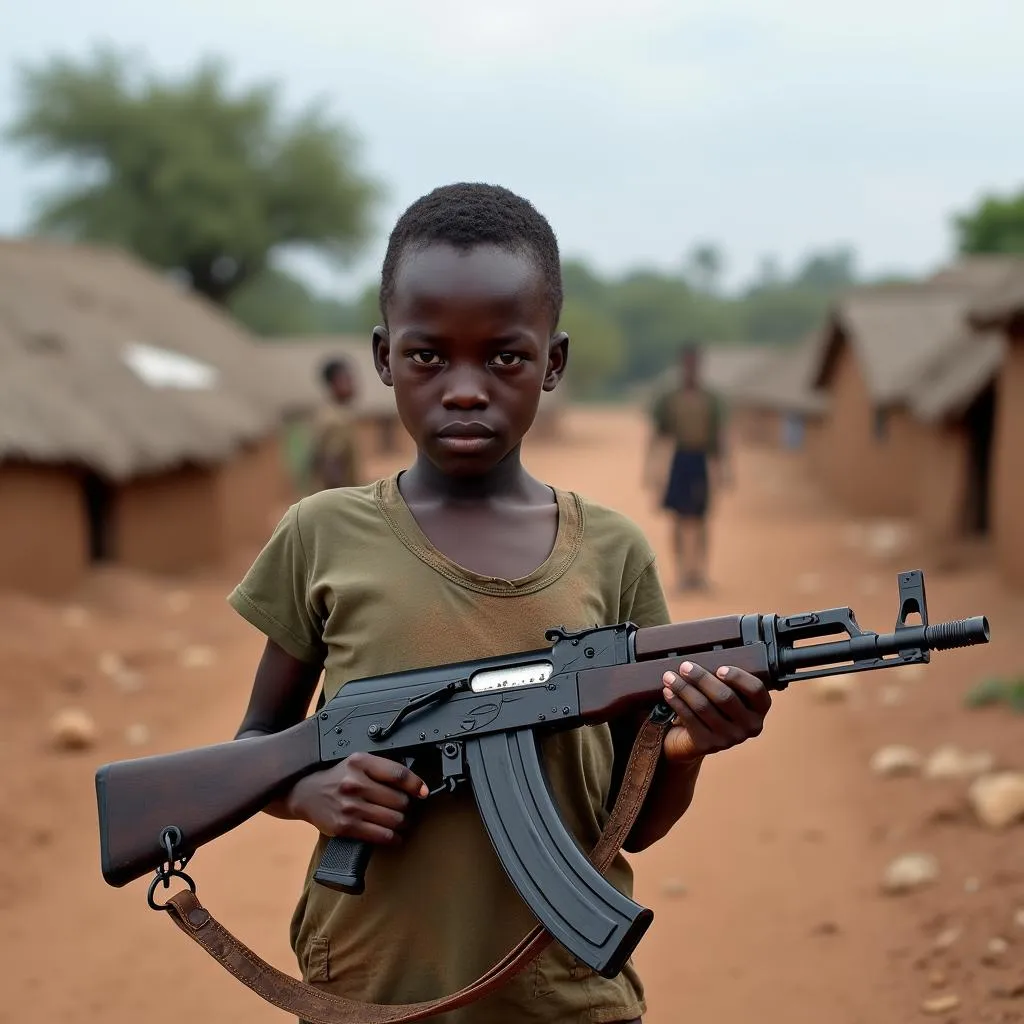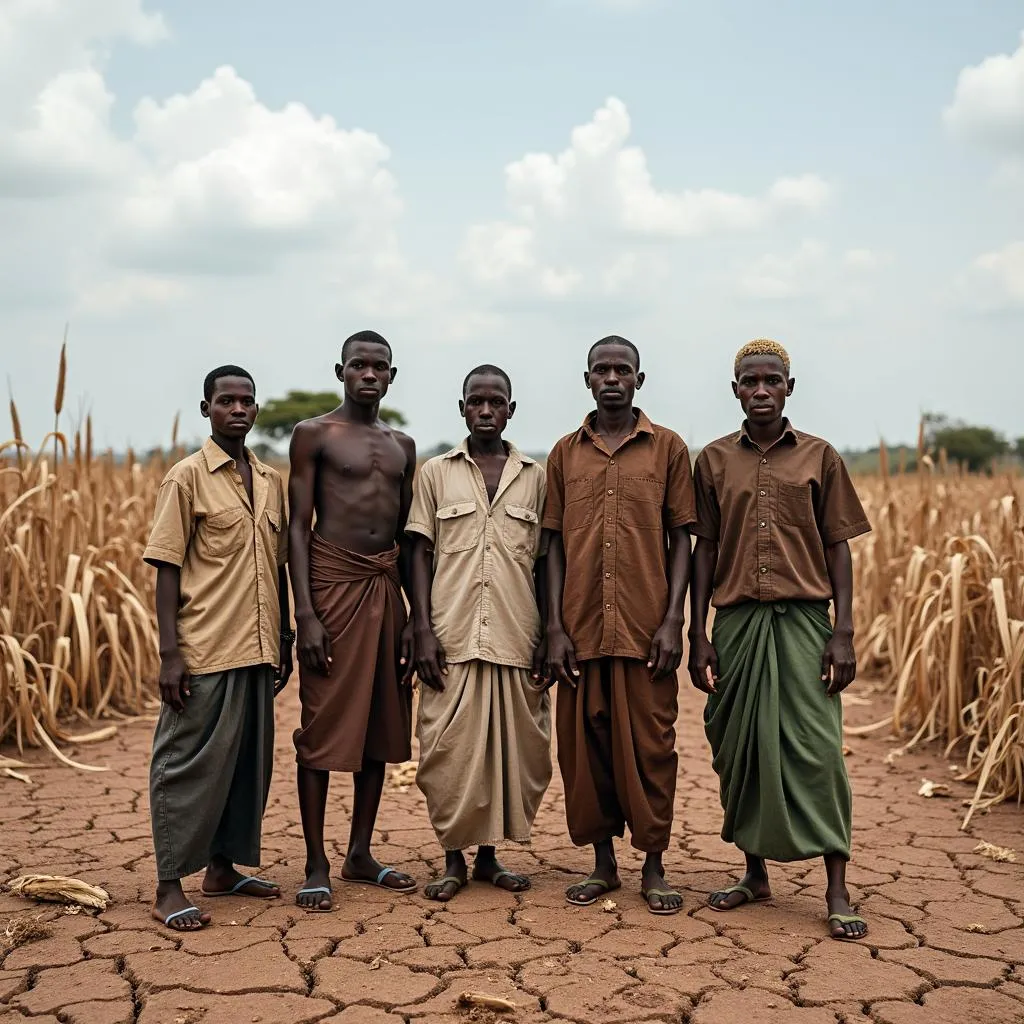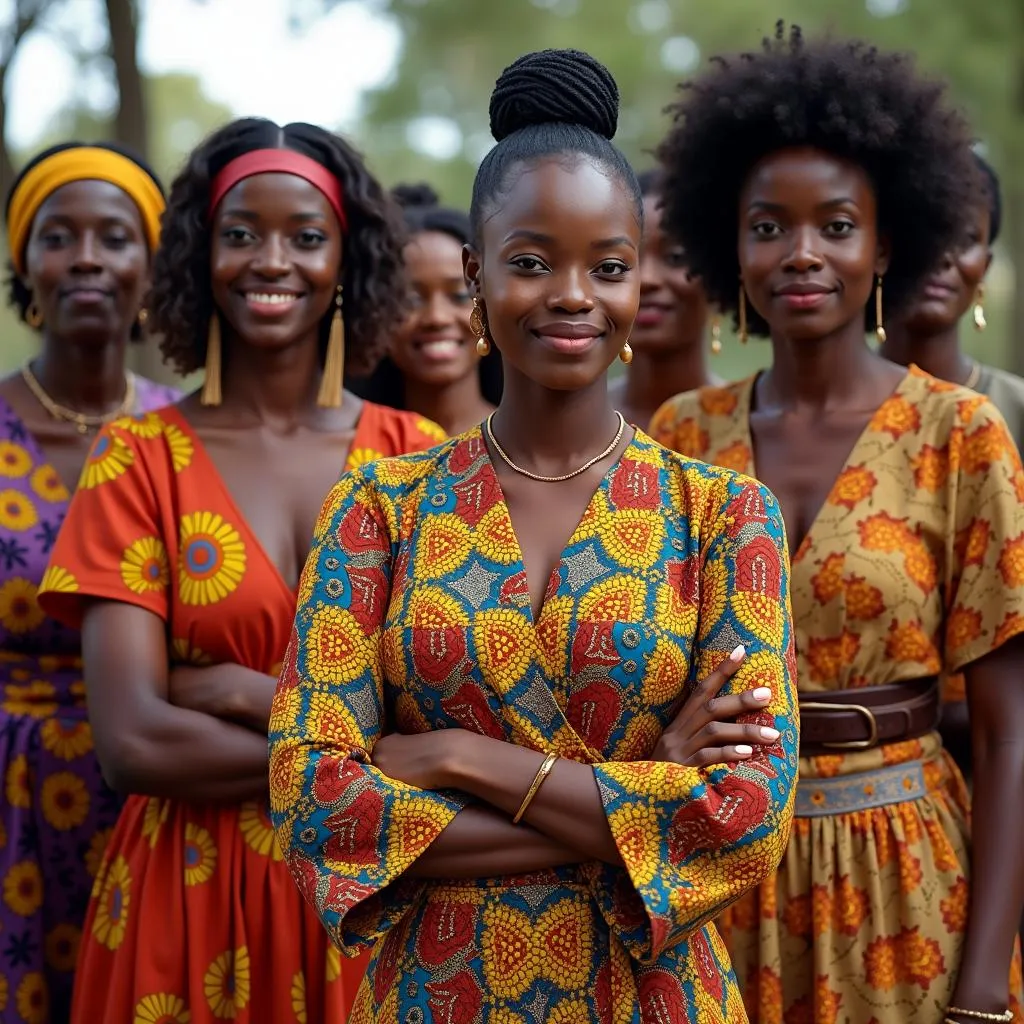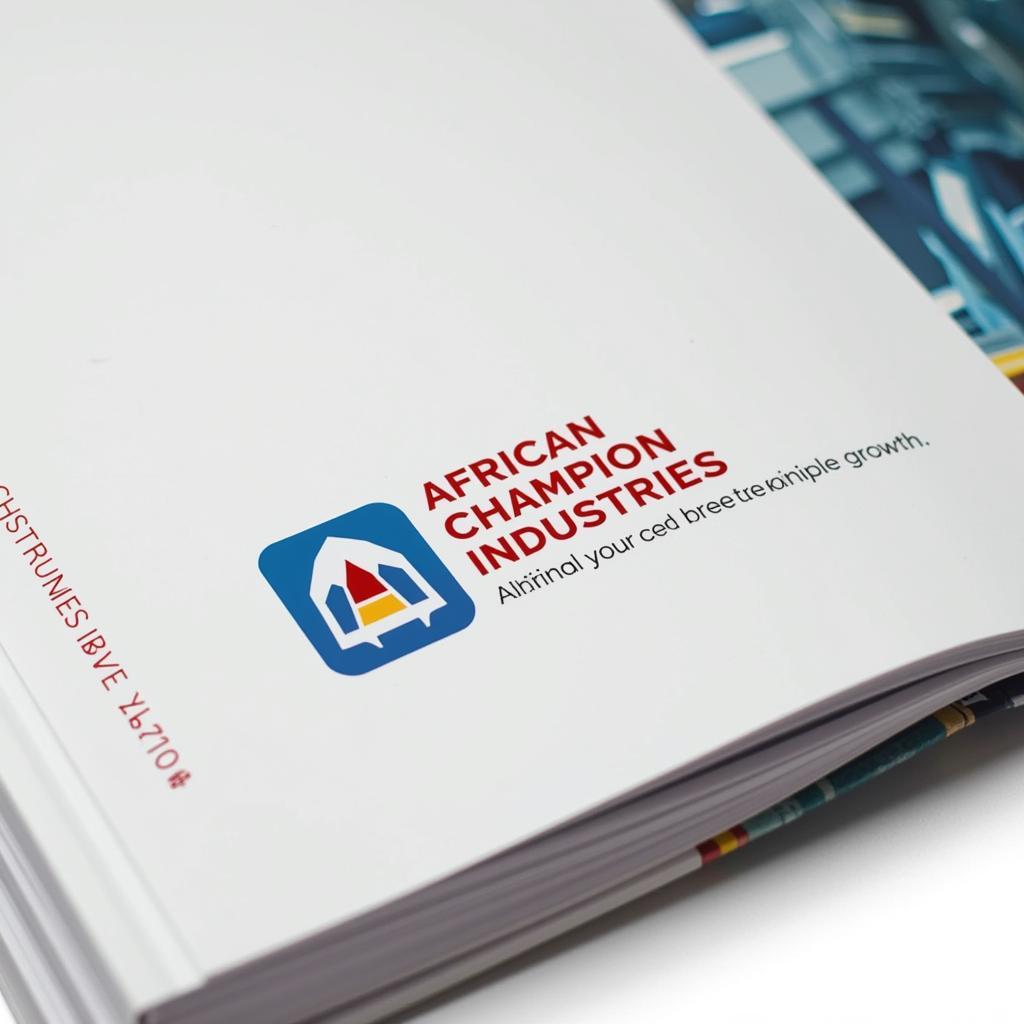African Countries in Crisis: Understanding the Complex Challenges and Seeking Solutions
The African continent faces a multitude of crises that threaten the well-being and future of its people. While often portrayed through a simplistic lens, the reality of “African Countries In Crisis” is far more nuanced, encompassing a complex interplay of political instability, economic hardship, social inequality, and environmental degradation.
 Child Soldier in Africa
Child Soldier in Africa
Navigating the Labyrinth: Causes and Consequences of Crisis in Africa
Understanding the root causes of crises in African countries is crucial for developing effective and sustainable solutions. While each nation faces its own unique set of challenges, several recurring themes emerge:
The Legacy of Colonialism and its Lingering Grip
The historical legacy of colonialism continues to cast a long shadow over the continent. The arbitrary borders drawn during the scramble for Africa often divided ethnic groups and created artificial states with weak national identities. This legacy of division has fueled internal conflicts and hindered economic development.
The Curse of Corruption and Weak Governance
Corruption, lack of transparency, and weak governance structures plague many African countries. Embezzlement of public funds, cronyism, and lack of accountability erode trust in institutions and hinder economic growth. This fosters instability and perpetuates a cycle of poverty and inequality.
Poverty, Inequality, and the Struggle for Resources
Poverty and inequality are widespread across the continent, exacerbated by factors such as limited access to education, healthcare, and economic opportunities. This creates a fertile ground for instability and conflict, as marginalized groups compete for scarce resources.
Climate Change and Environmental Degradation
Climate change poses an existential threat to Africa, with rising temperatures, droughts, and floods increasingly impacting agricultural production and exacerbating food insecurity. This vulnerability to climate change further undermines economic development and fuels displacement and conflict.
 Drought-Stricken Farmers in Africa
Drought-Stricken Farmers in Africa
Beyond the Headlines: Examining Specific Crises Across the Continent
From the ongoing conflict in the Sahel region to the political turmoil in the Horn of Africa, “African countries in crisis” is not a monolithic narrative. Examining specific crises reveals the diversity of challenges faced:
The Sahel Region: A Breeding Ground for Terrorism and Instability
The Sahel region, stretching across the southern Sahara Desert, has become a hotbed of terrorism and instability. Groups like Boko Haram and al-Qaeda affiliates exploit poverty, weak governance, and ethnic tensions to recruit fighters and launch attacks. This has led to a humanitarian crisis, with millions displaced and facing severe food insecurity. You can read more about historical conflicts on the continent through our curated selection of African history books.
The Horn of Africa: Caught Between Drought and Conflict
The Horn of Africa, encompassing countries like Somalia, Ethiopia, and Eritrea, faces a complex interplay of drought, conflict, and political instability. Prolonged drought has led to widespread famine and displacement, while ongoing conflicts exacerbate the humanitarian crisis.
Seeking Solutions: A Multifaceted Approach to Crisis Resolution
Addressing the complex crises facing African countries requires a multifaceted approach that tackles both the root causes and the symptoms:
Strengthening Governance and Promoting Democracy
Good governance, transparency, and accountability are essential for peace and development. International actors can support efforts to strengthen democratic institutions, promote the rule of law, and combat corruption. Empowering civil society organizations to hold governments accountable is also crucial.
Investing in Human Capital and Economic Development
Investing in education, healthcare, and economic opportunities for all is vital for breaking the cycle of poverty and instability. Promoting sustainable economic growth, creating jobs, and ensuring equitable access to resources are essential for long-term stability.
Addressing Climate Change and Environmental Degradation
Africa is disproportionately affected by climate change, requiring urgent action to mitigate its impact. Investing in climate-resilient agriculture, renewable energy, and disaster preparedness is crucial for building resilience and ensuring sustainable development.
 Empowered African Women Leaders
Empowered African Women Leaders
Conclusion: A Call for Hope and Collective Action
The crises facing many African countries are complex and multifaceted, demanding a nuanced understanding and a commitment to long-term solutions. While the challenges are significant, so too is the potential for positive change. By addressing the root causes of crisis, investing in human capital, and embracing sustainable development practices, we can work towards a more peaceful, prosperous, and equitable future for all Africans. We encourage you to explore more about the evolving relationship between Africa and China in our article on the African China crisis. Together, we can help to rewrite the narrative of “African countries in crisis” and unlock the continent’s vast potential.
FAQs
What are the main drivers of conflict in Africa?
Several factors contribute to conflict in Africa, including poverty, inequality, weak governance, ethnic tensions, competition for resources, and the proliferation of small arms.
How does climate change impact Africa?
Climate change exacerbates existing vulnerabilities in Africa, leading to more frequent and severe droughts, floods, and heatwaves. This impacts agricultural production, water availability, and human health, increasing the risk of conflict and displacement.
What is being done to address the crises in Africa?
Various stakeholders, including African governments, civil society organizations, and international partners, are working to address the crises in Africa through initiatives focused on peacebuilding, good governance, economic development, humanitarian assistance, and climate change adaptation.
How can I contribute to supporting Africa?
You can contribute by staying informed about the challenges facing Africa, supporting reputable organizations working on the ground, advocating for policy changes that promote peace and development, and engaging in responsible tourism that benefits local communities.
What are some success stories of development in Africa?
Despite the challenges, there are inspiring examples of progress in Africa. Countries like Rwanda and Ethiopia have made significant strides in economic growth and poverty reduction. There are also positive trends in education, healthcare, and technological innovation across the continent. Discover more about the resilience of African nations in the face of health crises by reading our piece on the African disease outbreak 2017.
Need Help?
For more information and assistance regarding travel, business opportunities, or cultural exchange programs in Africa, please don’t hesitate to contact us.
Phone: +255768904061
Email: kaka.mag@gmail.com
Address: Mbarali DC Mawindi, Kangaga, Tanzania.
Our dedicated team is available 24/7 to provide you with the support you need.
